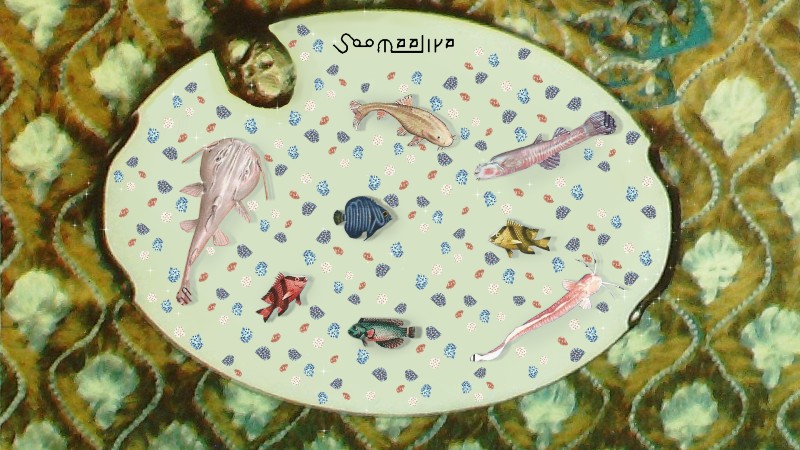For our next dish this Black History Month is from Fatuma Abdulahi.
Fatuma Abdulahi discovered cooking and baking helped her cope with life in volatile Somalia. She communicates through food, words, amateur photography, and long venting threads on Twitter.
Growing up in an overcrowded house in Mogadishu in the 1980’s, I always searched for ways to steal some me time and solitude. Where I would be left alone to be with my thoughts, and just breath. As a girl, I was expected to cook and clean. I didn’t like being given orders or anyone expecting anything of me. But then I realised when I cooked or cleaned, I was left in peace! No one bothered me or asked I do extra chores! So I threw myself in the kitchen, eagerly learning recipes from my aunt, eedo Sahra. She was a great cook. I followed her to the market, learnt how she shopped for ingredients, how she created dishes without ever reading a recipe book, and long before there was Google or YouTube, or even personal computers
Eedo Sahra never measured the ingredients, she just put things together casually. Threw salt, pepper, and ground cumin in steaming pots over charcoal burjiko – and her dishes always came out delicious! I was always amazed how easy she made it all seem, like a magician. I was determined to learn everything she could teach me. I would ask her how she came up with the dishes she created that smelled and tasted so divinely, and in such a simple kitchen. She always said, “I just do it, I cook from feeling, not thinking.” That stayed with me, to date. I also don’t measure ingredients; I suck at following recipe books. Like eedo Sahra, I mostly create dishes true to Somali women’s ancient culinary culture, intuitive cooking.

I was fortunate that eedo Sahra supported my enthusiasm in cooking and took me under her wing as her intuitive cooking assistant. My favourite of her creations were desserts, especially spongy Somali cakes and homemade biscuits for special occasions. These were made only for those extra special occasions like Eid and weddings. They were full of sugar and ghee and would now be considered very unhealthy, but everyone loved them.
What started as a need for personal space and solitude soon became a passion. I would try to do the dishes eedo Sahra taught me differently, put my own ‘spin’ on them. They didn’t always go well but I loved the experience and the space to experiment, an adventure in a digsi (pot).
When I left Somalia because of the war and became a global nomad, and then years later after YouTube was born, I realised my cooking was child’s play compared to what was out there. The cooking I saw was beyond a cuisine limited to rice and goat meat; there is only so many ways you can spin rice and goat.
Now that I have had access to much wider global cuisines and YouTube recipes, something eedo Sahra could never imagine would be possible in our lifetime, I hardly ever cook the traditional dishes as she taught me. My favourite recipe is a traditional Somali one-pot rice and goat meat dish, locally known as “iskukaris”. I am not a fan of the fatty goat meat, so I replace it with fresh tuna. It ends up being a bit similar to the paella, but cooked in a deep pan and with only one meat ingredient.
Fatuma Abdulahi – Somali Journalist and Activist
ISKU KARIS (ONE-POT) RECIPE
Ingredients
- 1 cup basmati rice
- large tomatoes, diced
- 1 red onion, diced
- Fresh coriander, chopped
- 2 large slices of fresh tuna, chopped
- Salt and pepper
Directions
All cooked in one pot. Very simple. Eedo Sahra would approve of the dish…The look of it, anyways. She would have definitely disapproved of goat meat being replaced with tuna! In most Somali’s eyes, it’s a crime against the beloved iskukaris. Times have changed, and we gotta stay healthy and a bit trim.
Enjoy.
